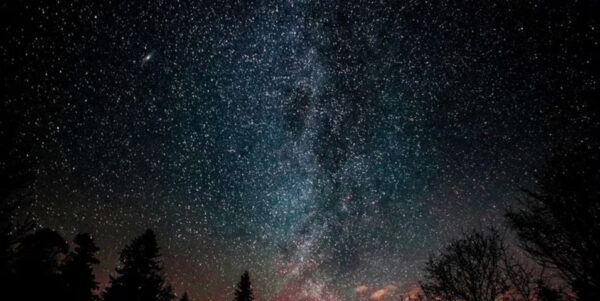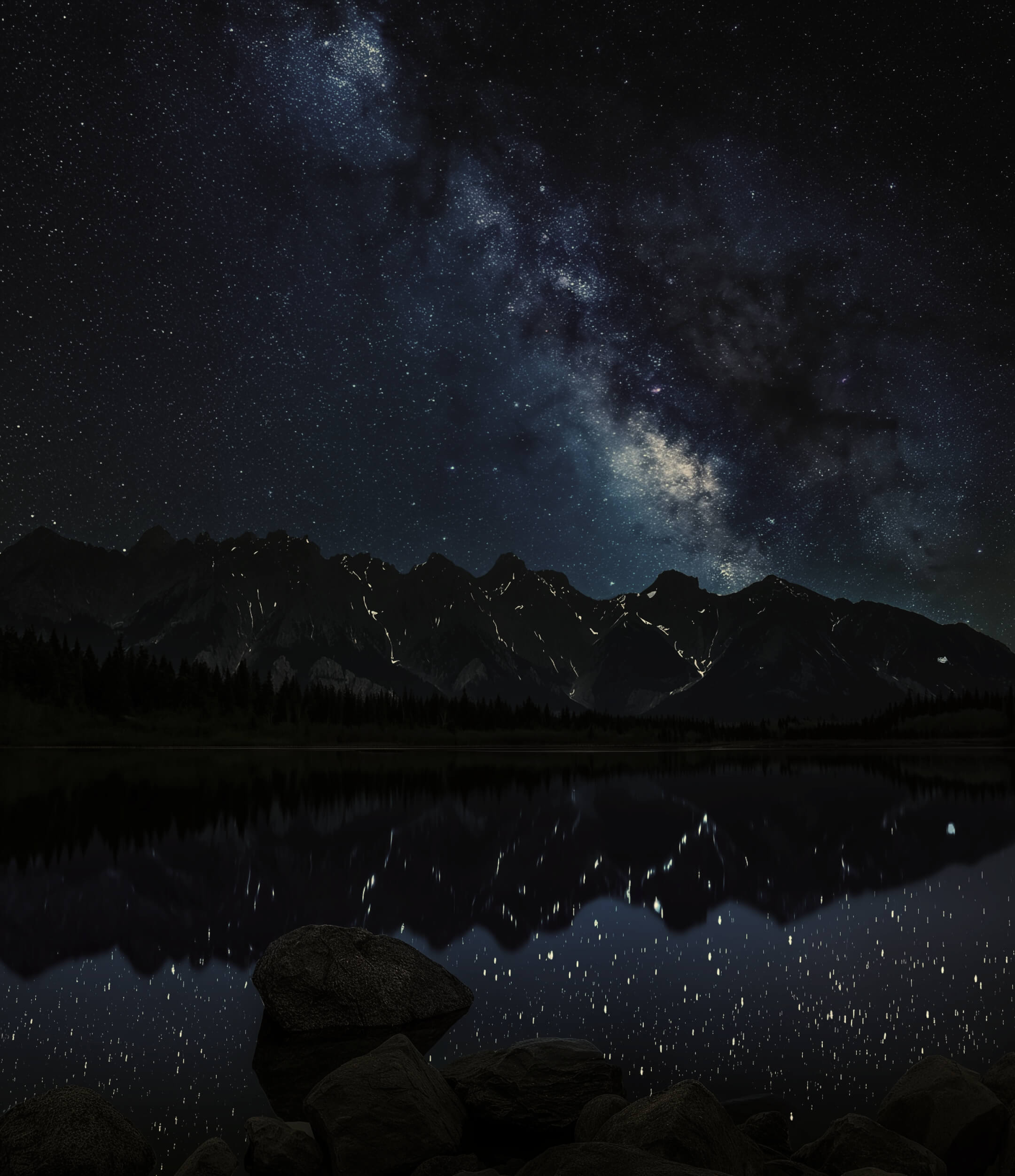Celebrating the Dark Skies


Posteado
Cielos Chile
schedule Tuesday 21 de March
“Chile shares its skies” is the motto of the celebration of the National Astronomy Day 2023, which is commemorated this March 21.
Chile Our dark, unique, and clear skies allow us to share, study, and understand them with the growing astronomical community. In the last 20 years, the number of centers and institutions developing astronomy has doubled, and the number of people dedicated to astronomy working in the country has tripled. To these figures are added more than 500 undergraduate students being trained in these subjects (SOCHIAS data 2021). This thriving development will lead to Chile concentrating nearly 70% of the world’s astronomical observation capacity by the end of this decade, which translates into a significant investment in science and technology.
And just as good news is shared and celebrated, responsibilities must also be made visible and communicated. If we want Chile to continue sharing its skies, we must address the rapid and growing advance of light pollution.
The high growth rate of light pollution threatens human health, biodiversity conservation, and also our advantages for astronomical development.
The quality of dark skies has been the main interest pursued by observatories to operate from our country, but this important natural resource has been degrading as our cities and other types of productive activities have been located and developed near the observatories. Suppose that if we look out at night and could count about 250 stars, do you know how many of those stars newborns today will be able to see when they turn 18? Only 100 stars. Given that the purpose of this year is to share our skies, from the Cielos de Chile Foundation, our invitation is to live under the same sky and not forget the delight of looking at a starry sky. It is important to always remember that not only observatories suffer from light pollution, but we are all losing contact with this natural heritage.
For this, it is necessary for everyone to be an active agent to stop the advance of light pollution. There are three basic principles for lighting that does not affect us: direct the light to the target you want to illuminate, control that its intensity is no more than necessary, and prefer warm colors with little blue emission content.

Subscribe to our newsletter
Receive relevant information about the skies of Chile every month
